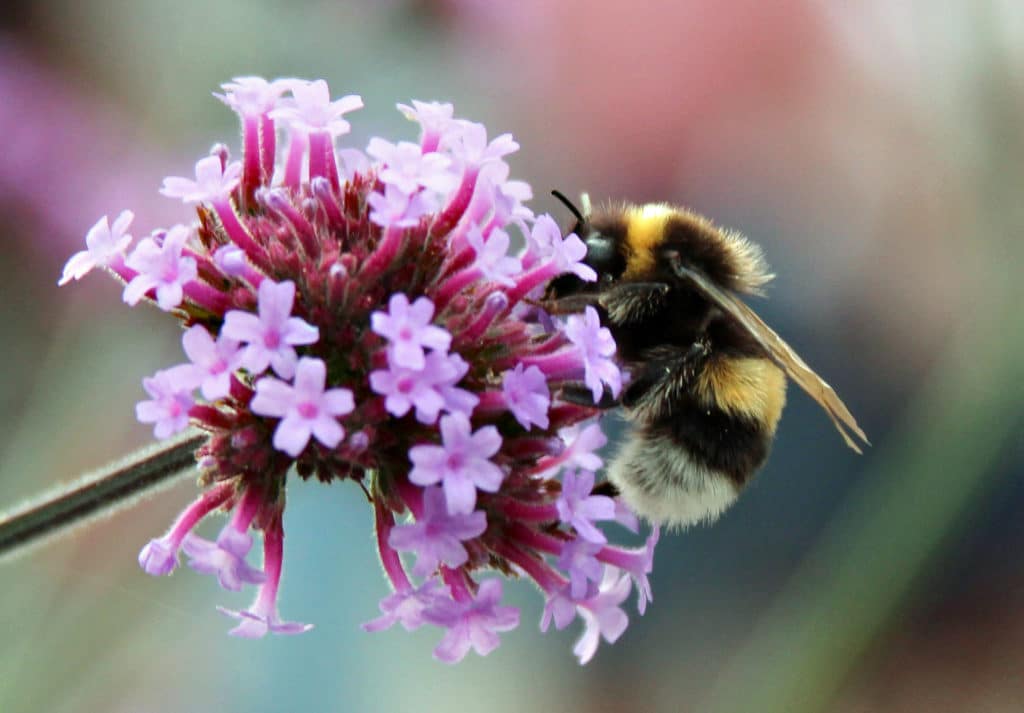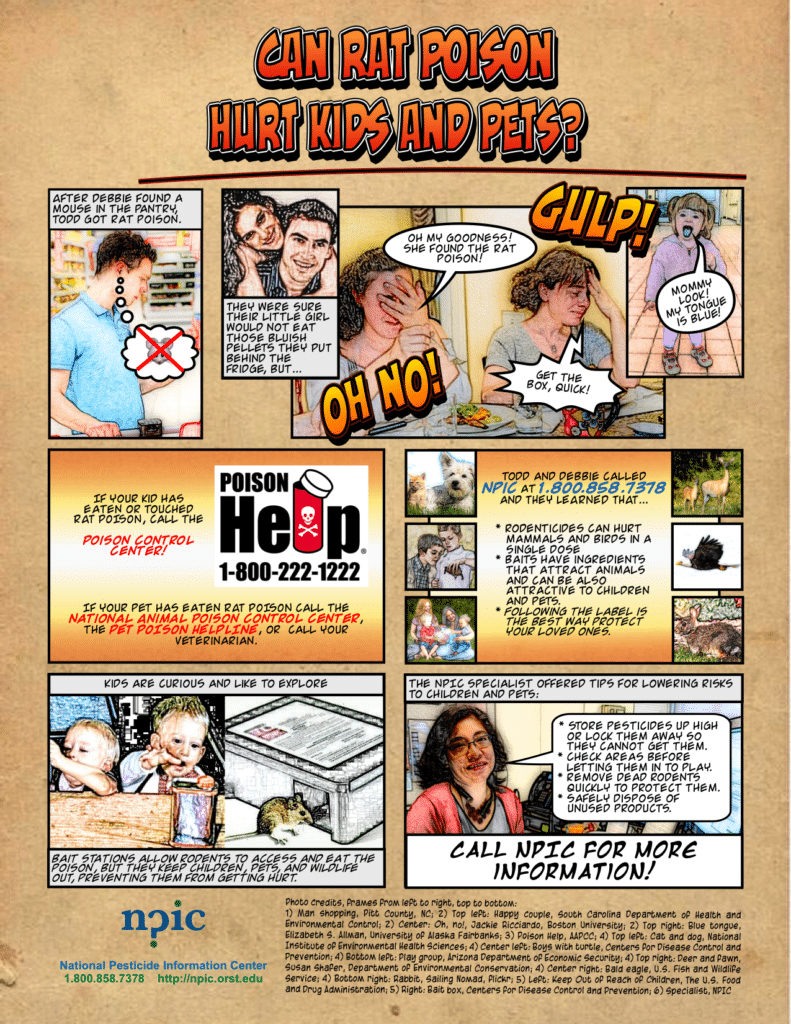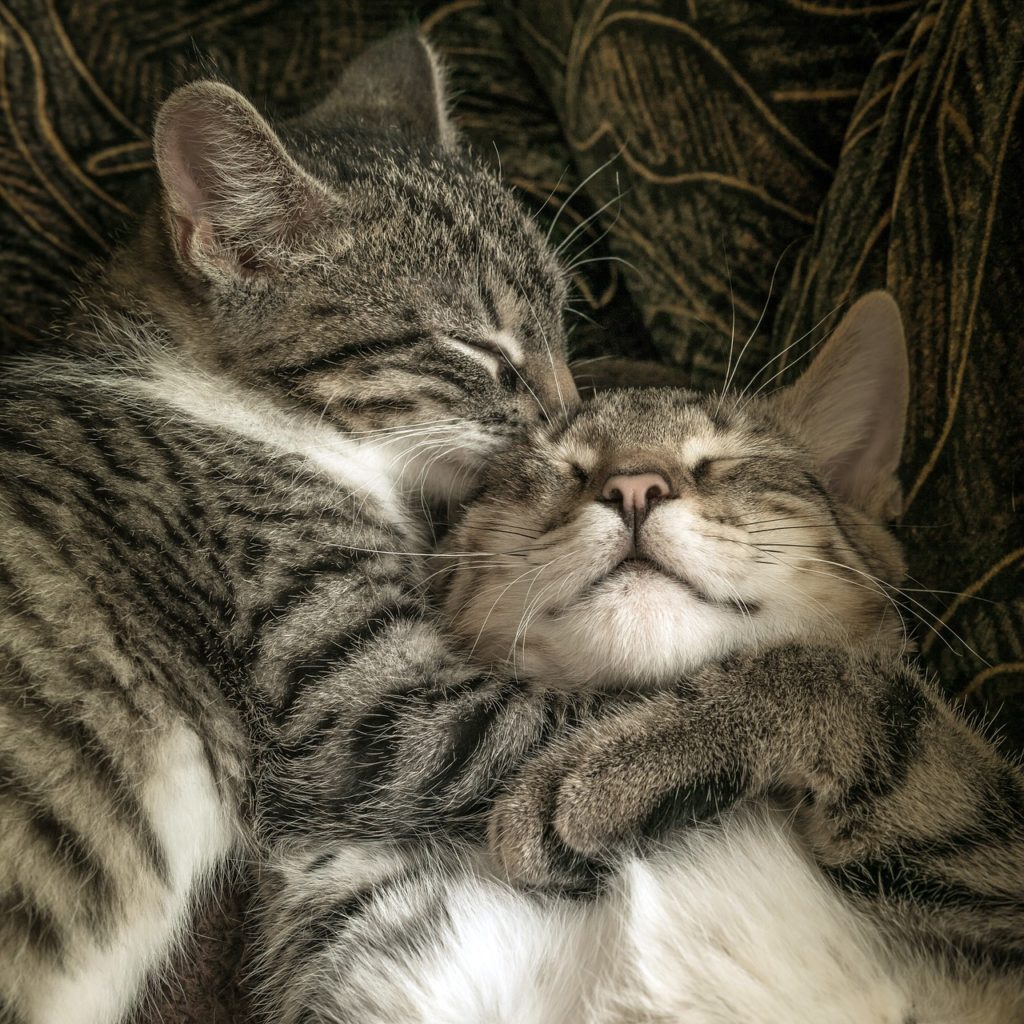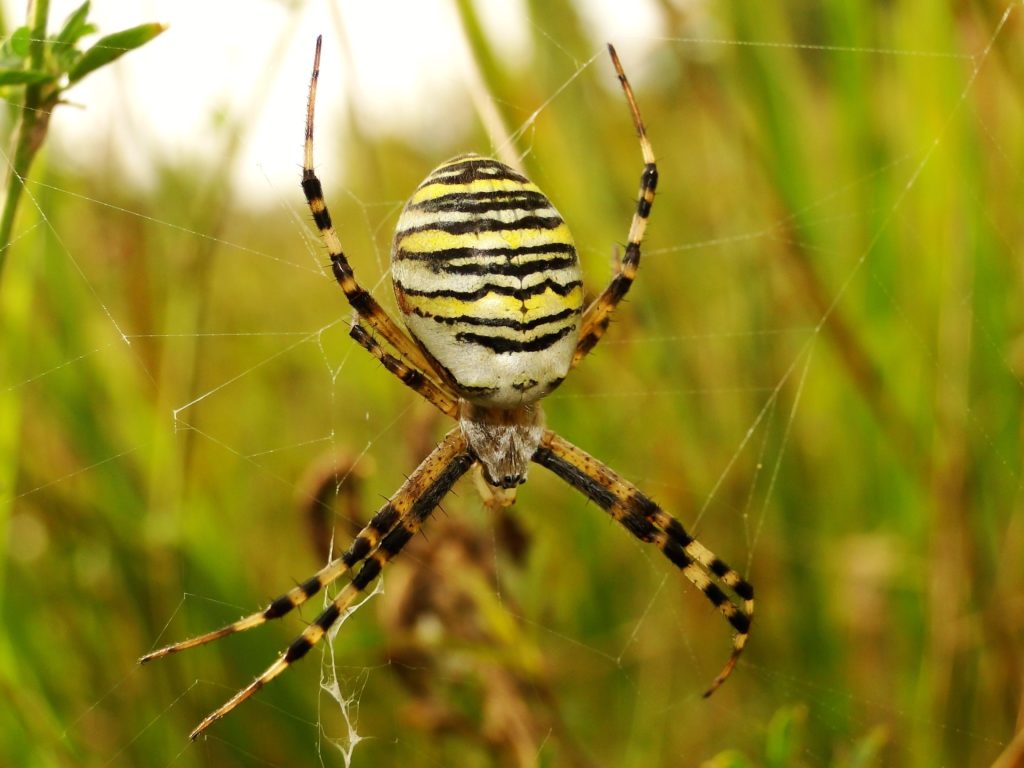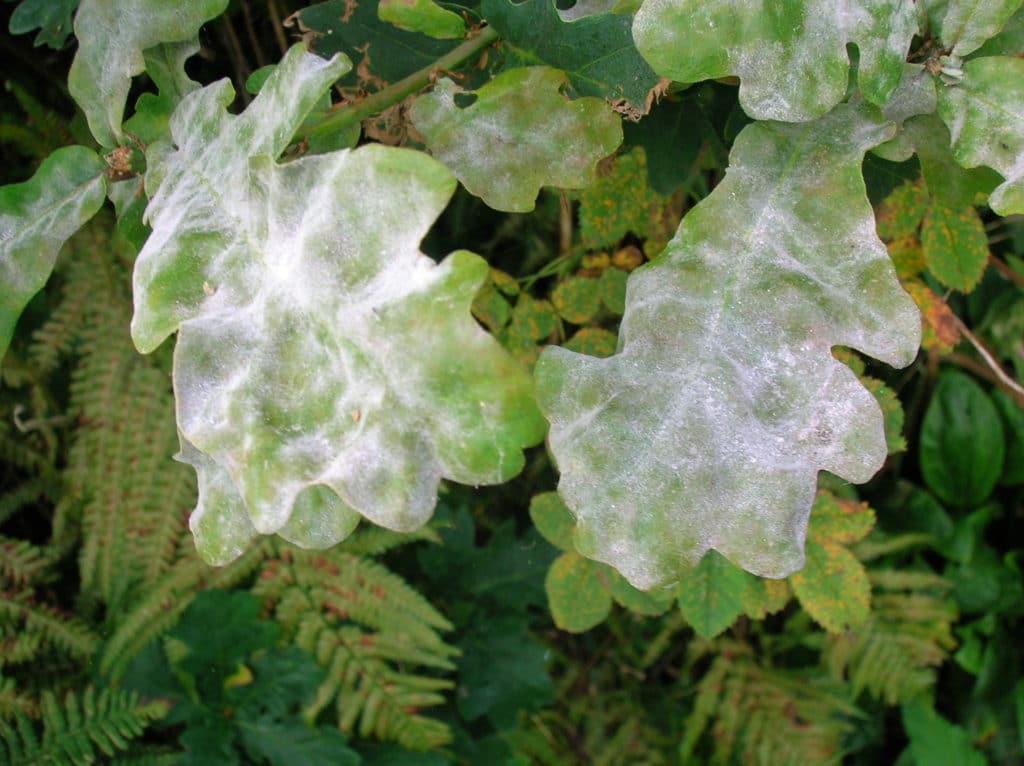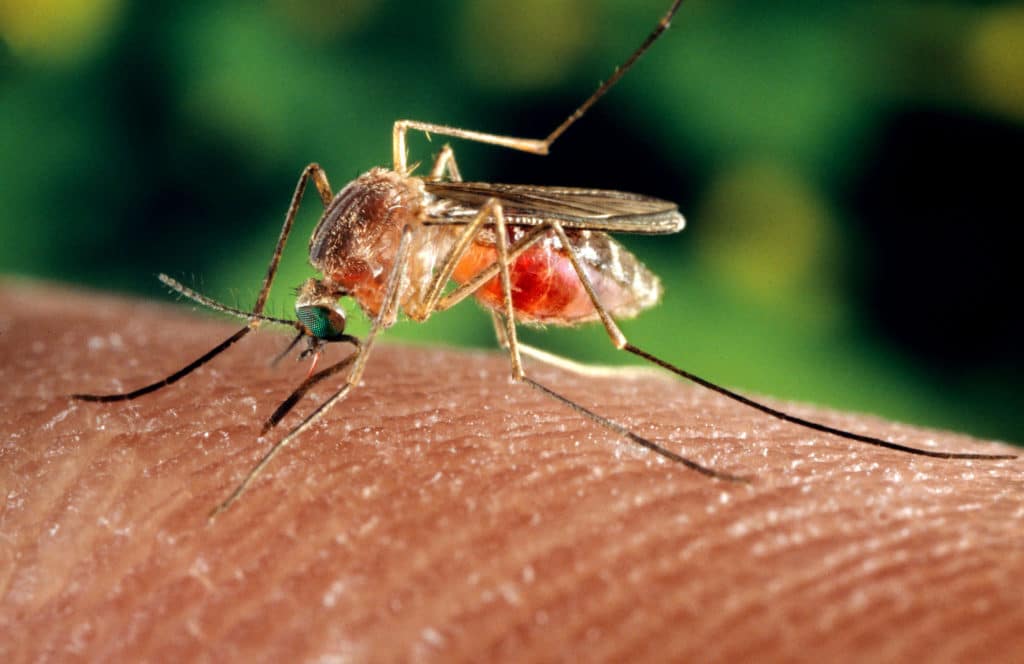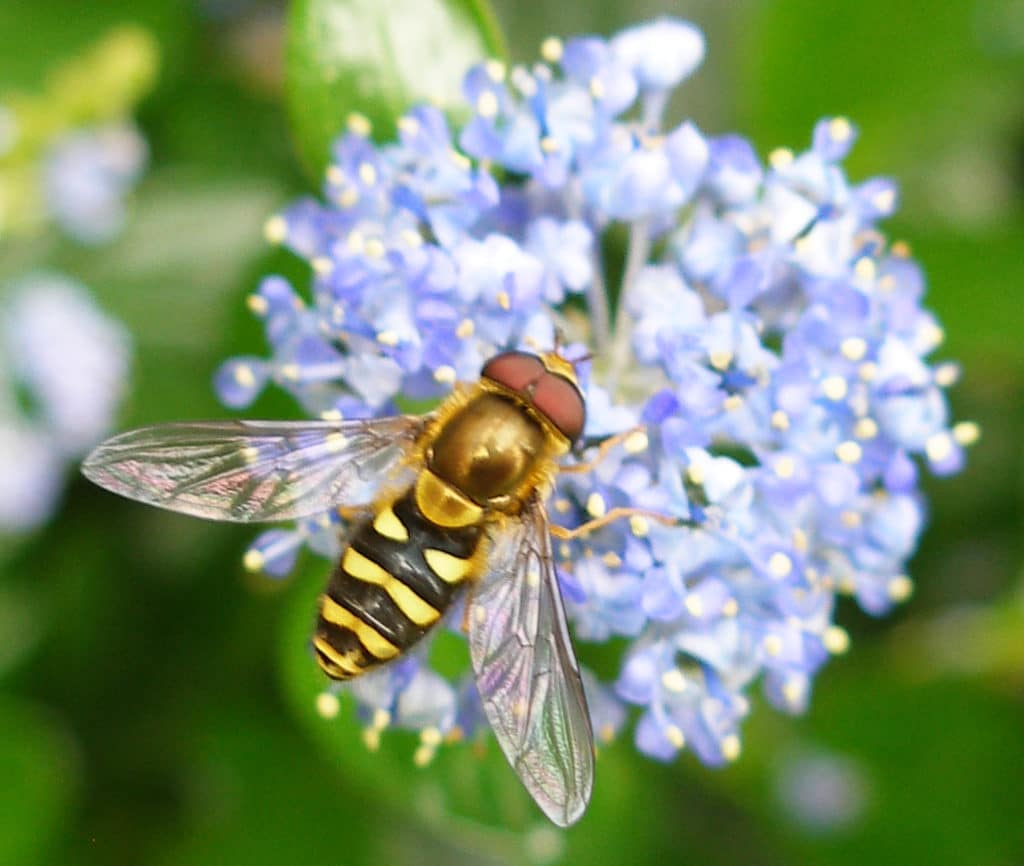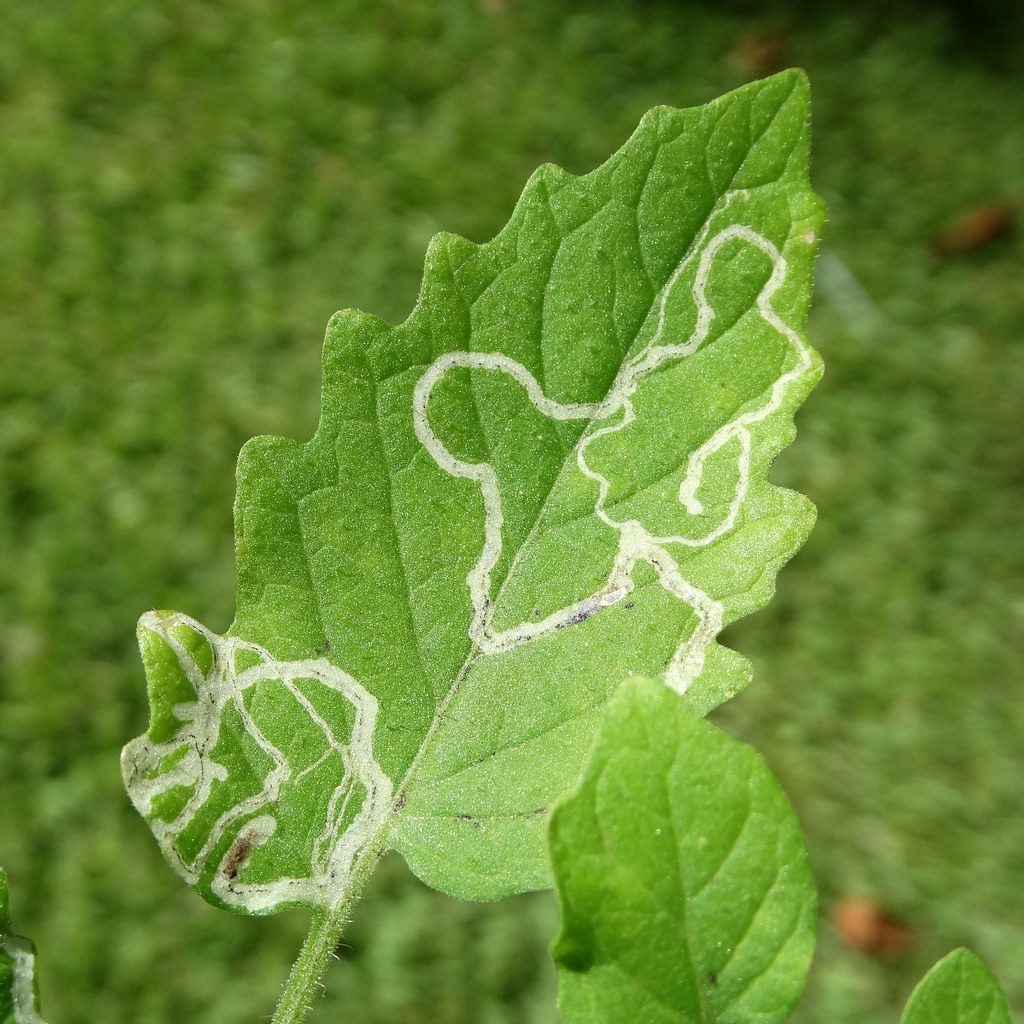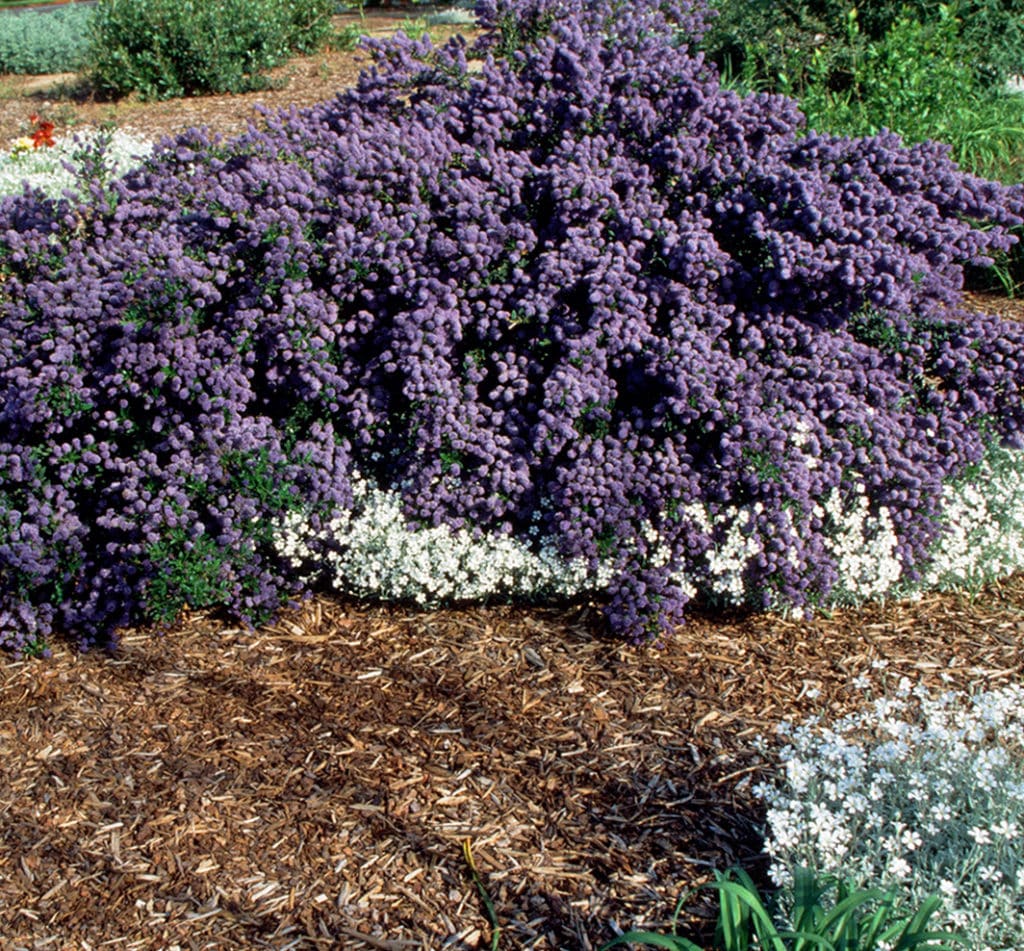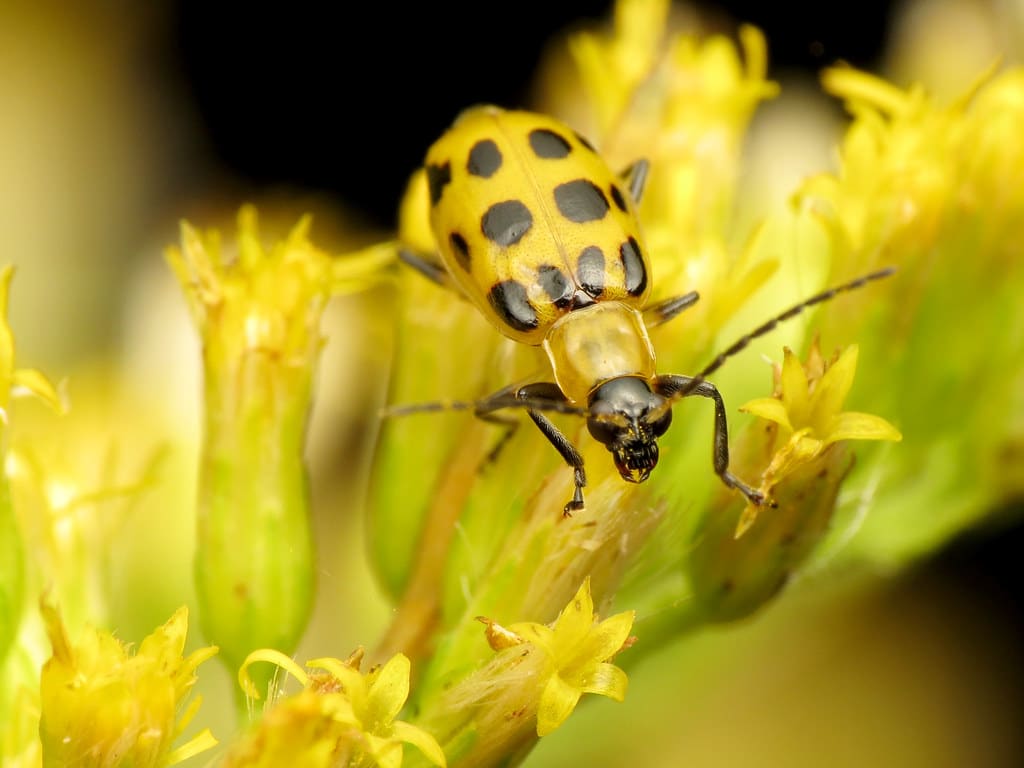Bees and Neonics
Neonicotinoids (commonly referred to as neonics) are the most widely used insecticides in the world, commonly used on farms, in our gardens, schools, and city landscapes. They are systemic insecticides – they are absorbed into plants and can be present in pollen and nectar, making them toxic to bees and many other beneficial insects. These […]
